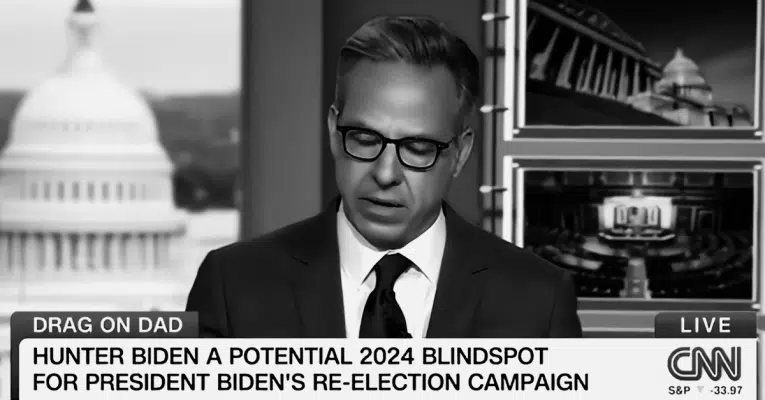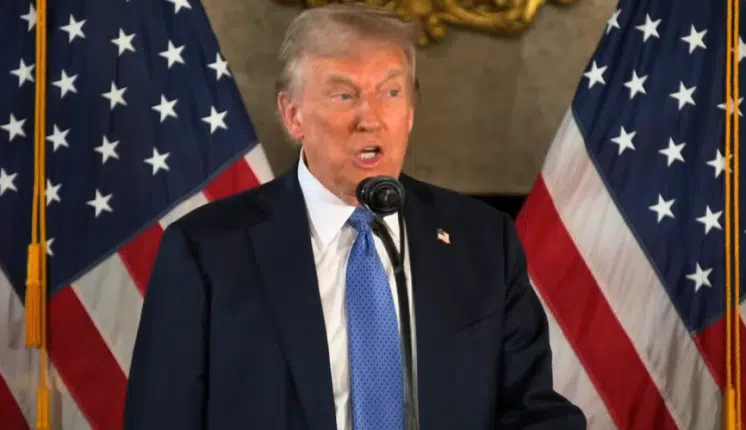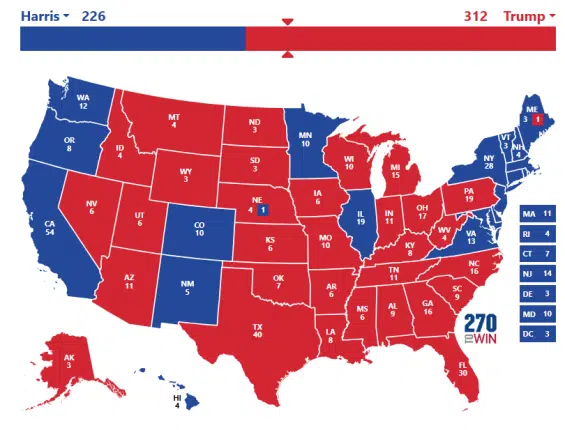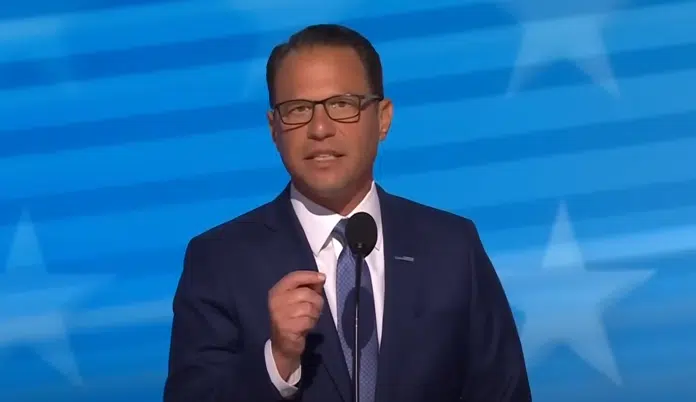By Natalia Castro
It is time for the federal government to pass a spending bill funding the government for the next year. In recent years, Congress usually passes a continuing resolution to temporarily fund the government and avoid controversial questions of spending until the year-end omnibus.
This time, however, Republicans are in a different situation. The chances of losing seats in the House of Representatives are high, and this spending measure could be Republicans last chance to follow through on their campaign promises. However, all pressure is not just on Republicans; Senate Democrats will also feel the pressure to pass an adequate spending measure to gain seats. This could provide Republicans with the perfect leverage to get policy priorities funded.
Since 1906, the incumbent president’s party has only gained seats in the House three times in midterm elections: 1934, 1998 and 2002.
If President Trump wants to defy the odds, he must step up and lead, particularly during House Speaker Paul Ryan’s (R-Wi.) lame duck period, who is stepping down at the end of the year.
Representatives such as Rep. Tom Cole (R-Okla.) have expressed a desire to favor a more bipartisan funding bill, combining defense and Labor-HHS spending, instead of funding initiatives like the border wall. This is despite the fact that Cole has vocally supported the border wall, which went 66 percent to Trump on election night. Cole all but threw his hands up in the air saying, “They did it in the Senate. We don’t have much choice… If you want the defense bill, you’re going to have to deal with the `Labor-H’ bill.”
House conservatives like Rep. Mark Meadows (R-N.C.) have argued that the GOP is sacrificing the leverage it will need to get the wall built on legislation that would otherwise pass anyway.
Are Republicans sacrificing their leverage on the border wall on purpose? This hypocrisy could only further divide Republican voters and could prevent a majority from being maintained.
While the House has already passed nine individual funding measures for different areas of the government, none have made mention of the President’s border security plan. Luckily, because of the nature of funding disputes, conference between chambers will be necessary for any real measure to pass through both chambers of Congress — but only if the President gets involved.
At a Montana rally last week, President Trump reaffirmed his commitment to vetoing any legislation that does not fund the wall. Trump announced, “If it was up to me, I’d shut down government over border security.”
This rally, which drew in a crowd of 10,000 individuals from across the state, placed pressure on Democratic Senator Jon Tester, who is in a tight race in a state that Trump won by nearly 20 points. Tester is a key example of the leverage Trump and Senate Majority Leader Mitch McConnell (R-Ky.) have to pressure some Senate Democrats to pass a measure with conservative policy points.
Unfortunately, McConnell does not seem to be as in tune with the voters desire to see the wall funded. McConnell told Fox News, “We still want to get funding for the wall, but we think the best time to have that discussion is after the election.”
President Trump must help McConnell realize waiting until after the election is too late; however, the September 30 funding deadline is the perfect time to build support for the issue.
Building the wall is not the only rider which can be added to a funding measure to rally up support for the Republican base ahead of midterms.
Historically, Republicans have used riders to fund conservative measures or prevent funds from being used on measures which expand government, like Affirmatively Furthering Fair Housing, an Obama era initiative which gave the Department of Housing and Urban Development control over local zoning laws. Fortunately, that is included in the minibus now under consideration.
Similarly, the MERIT Act which enables agency leadership to fire poor performing employees could be tagged onto agency appropriations measures as a rider. This is a classic “drain the swamp” issue that Republican voters supported during the 2016 campaigns. This is a bill that could be added as a rider to the spending bills, but only if Congress commits to it.
A June 2018 Rasmussen poll indicated that 58 percent of those surveyed believe it is currently too hard to fire federal employees. Meanwhile, a September 2018 Rasmussen poll confirms 71 percent of likely voters agree with President Trump’s remark that is it “time to drain the swamp”.
Attaching the MERIT Act and border wall funding to appropriations measures will give Republicans something to celebrate just before midterms and will remind voters that promises can be kept. But this will only occur if President Trump kicks Congress into gear and force these widely popular measures to pass without Democratic obstruction. The veto may be the only way to do that.
Natalia Castro is the multimedia manager at Americans for Limited Government.







